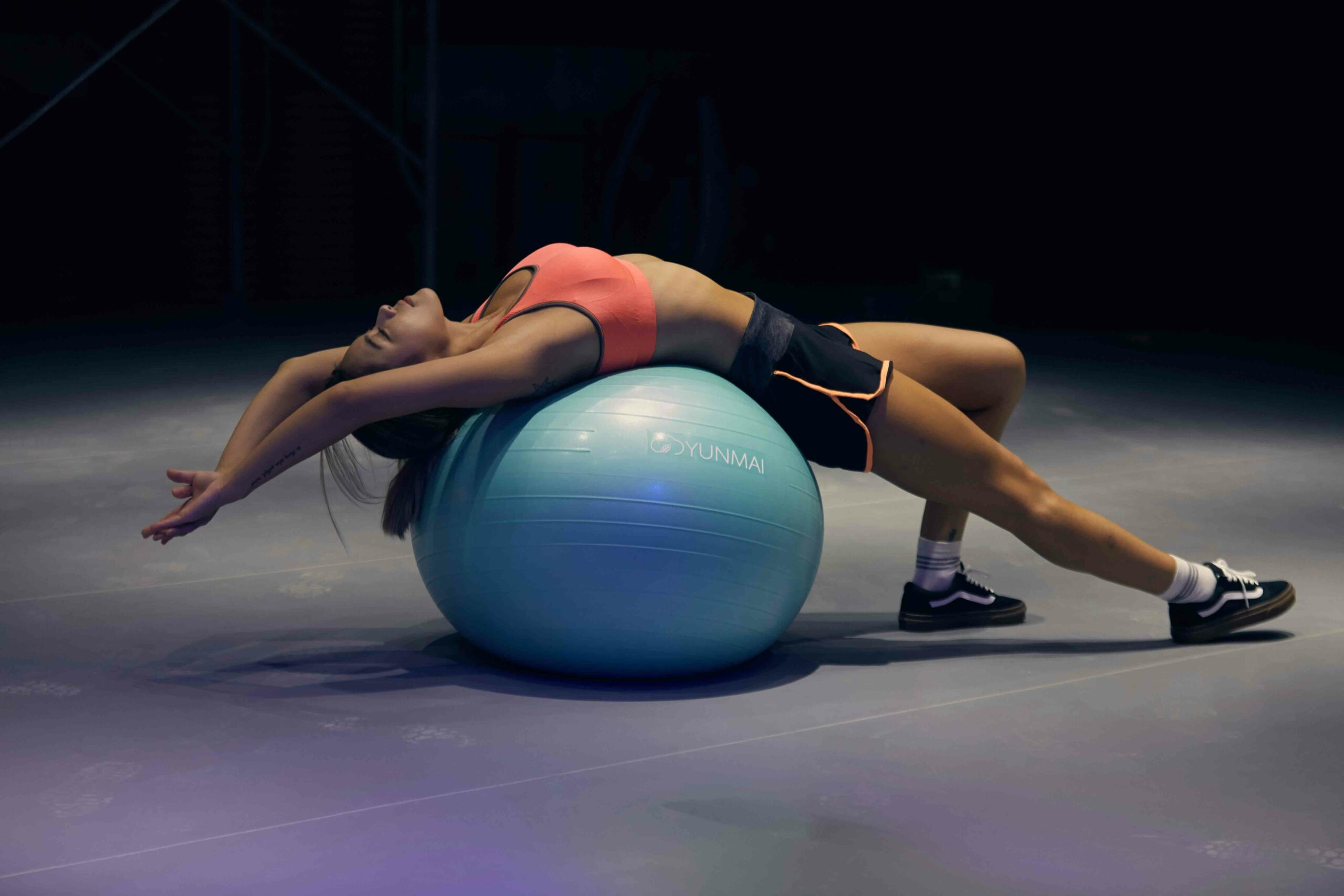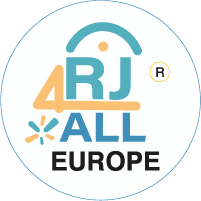Sports and Health Inequalities
In the European Union, health inequalities exist both between and within countries and they are defined as “differences in health status or in the distribution of health determinants between different population groups.” These inequalities can manifest in various forms, such as disparities in life expectancy, prevalence of chronic diseases, and access to health services, often influenced by socioeconomic status, education, employment, and living conditions. The European Commission highlights that tackling these inequalities is essential for achieving social cohesion and ensuring equal opportunities for all individuals.
Through RJ4All Sports, by leveraging the universal language of sports, we bring communities together, address marginalisation and cohesion issues, and enhance overall well-being and health outcomes.

Sports can play a critical role in addressing health inequalities in two significant ways:
1
Supporting Health:
- Physical Health: Regular participation in sports improves cardiovascular health, strengthens muscles, enhances coordination, and promotes overall physical fitness.
- Mental Health: Sports can reduce stress, anxiety, and depression. They provide an outlet for emotional expression and improve mood and mental well-being
2
Addressing Health Inequalities:
- Accessibility: Providing access to sports facilities and programmes in disadvantaged communities helps reduce health disparities. It ensures that individuals from all backgrounds have opportunities to engage in healthy activities.
- Community Cohesion: Sports bring people together, breaking down social and economic barriers. This fosters a sense of community and belonging, which is essential for mental and emotional health.

